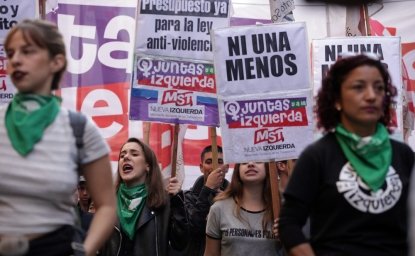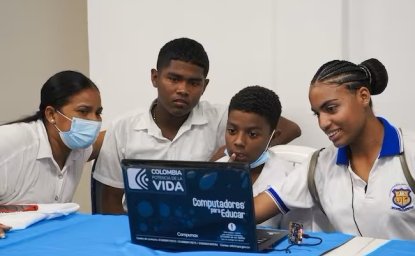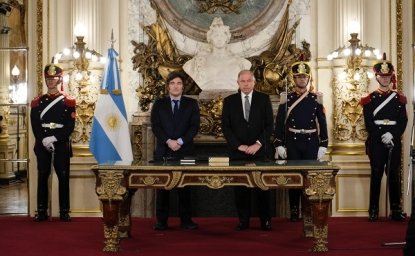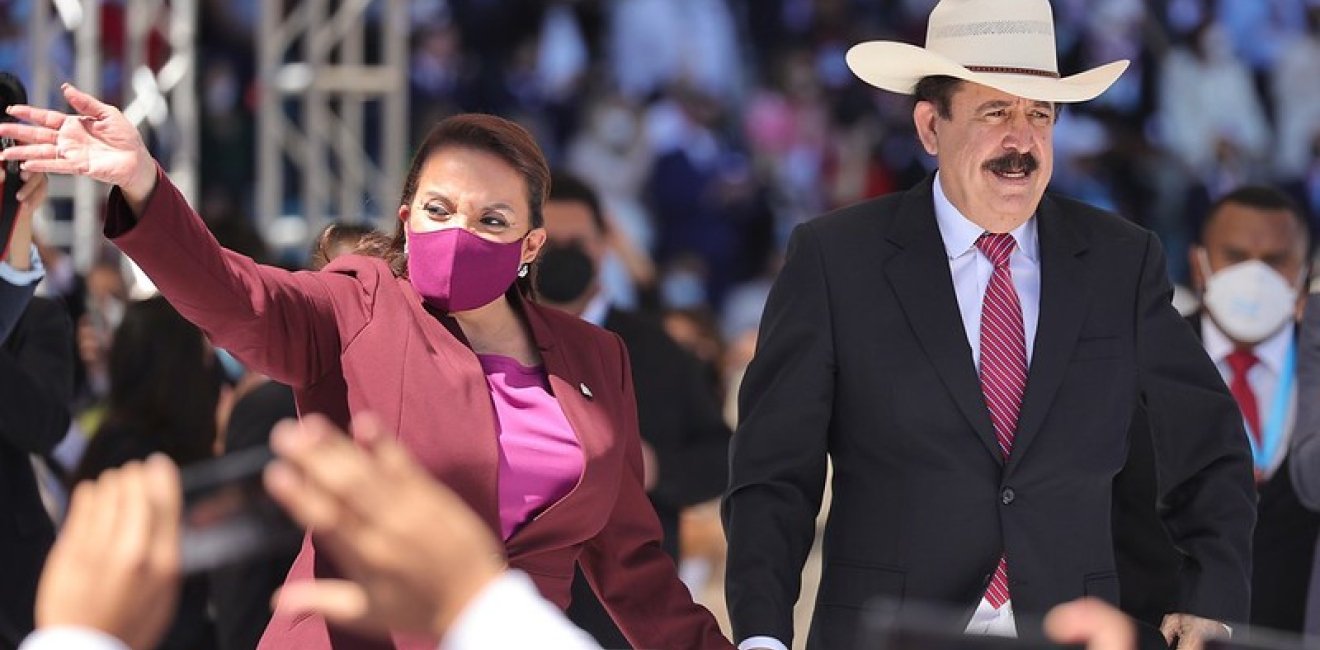
A blog of the Latin America Program
President Xiomara Castro of Honduras is bucking the regional trend. After the three Northern Triangle countries of Central America – El Salvador, Guatemala and Honduras – experimented with international anti-corruption mechanisms, governments, civil society institutions and the international community grew wary of the model. In Honduras, however, amid growing public concern over corruption following the two-term presidency of the disgraced Juan Orlando Hernández, demands for action have grown louder. In response, Castro made fighting corruption central to her candidacy, and she is pursuing a UN anti-corruption mechanism modeled after the once-promising, now defunct International Commission against Impunity in Guatemala (CICIG).
Castro’s central challenge is meeting public expectations while preserving the privileges Honduran politicians, including in her own party, have long enjoyed.
Unlike its neighbors, Honduras experienced a democratic opening, albeit imperfect, in 2022 when Castro was sworn in. In the lead up to the 2021 election, opposition voters and Hondurans fed up with corruption had coalesced around Castro’s candidacy.. That coalition helped Castro, the wife of former President Mel Zelaya, oust the country’s strongest political force, the National Party, which had held power since 2009. A pillar of Castro’s campaign was establishing an international anti-corruption mechanism supported by the UN and modeled after the CICIG in Guatemala. Honduran civil society leaders had long demanded a CICIG-style mechanism, and they cheered her pledge to solicit international help in the fight against corruption.
A pillar of Castro’s campaign was establishing an international anti-corruption mechanism supported by the UN and modeled after the CICIG in Guatemala."
Castro’s government officially requested UN assistance in February 2022. But the proposal faced enormous hurdles from the start. Castro’s allies pushed through a controversial amnesty law that permitted several former officials accused of corruption to return from exile in Nicaragua. The measure also shielded from prosecution officials that had served in the Zelaya administration, which had faced accusations of corruption. That decision raised questions about Castro’s commitment to fight corruption in her own political movement. Meanwhile, a year has passed since Castro formally asked for UN assistance and progress has been slow.
With mounting political pressure to deliver, Castro met with UN Secretary General António Guterres in September 2022 to negotiate a Memorandum of Understanding, and Honduras and the UN signed an agreement in December 2022. But the next steps are more complicated, including legal reforms to address institutionalized corruption and structural impunity. For a UN anti-corruption mission to succeed in Honduras, for example, the country needs a plea bargain system. Without it, it will be difficult for prosecutors to build cases against senior government officials. Congress has taken a first step in this direction, but lawmakers have not approved the legislation.
Honduras must also guarantee that any UN anti-corruption office would enjoy independence in its investigations. That level of autonomy would no doubt result in cases against members of Castro’s Libre party. While the government says it is willing to provide such independence, it is not clear that UN investigators would be permitted to participate directly in prosecutions – or even if that would be permissible under Honduran law and the Honduran constitution. Should legal or constitutional reforms be required to establish a UN anti-corruption mission, Castro might struggle to win sufficient support. Meanwhile, her government has suggested it would appoint the head of any UN anti-corruption mission and control its budget, a non-starter for the UN.
While the government says it is willing to provide such independence, it is not clear that UN investigators would be permitted to participate directly in prosecutions – or even if that would be permissible under Honduran law and the Honduran constitution."
The prospects for a successful UN mission in Honduras are further complicated by the country’s historic lack of judicial and prosecutorial independence. Today, the Public Ministry is widely seen as beholden to powerful criminal forces in Congress and the private sector. On the other hand, the recent appointment of new Supreme Court justices appeared to strengthen the court’s competence and credibility.
There is little doubt that Honduras needs a strong and independent anti-corruption body. Corruption is deeply engrained in the country’s laws and institutions and political parties. It is systemic, and robs Hondurans of their future. It erodes public confidence in government, which fuels the pessimism that leads to migration. Castro’s promise to tackle corruption is encouraging, especially compared to El Salvador, Guatemala and Nicaragua, where leaders are moving swiftly in the wrong direction. Still, it is not clear Castro has the political will and support to see this through – at least not without significant international support.
Author

Director of Policy and Strategic Initiatives, Seattle International Foundation

Latin America Program
The Wilson Center’s prestigious Latin America Program provides non-partisan expertise to a broad community of decision makers in the United States and Latin America on critical policy issues facing the Hemisphere. The Program provides insightful and actionable research for policymakers, private sector leaders, journalists, and public intellectuals in the United States and Latin America. To bridge the gap between scholarship and policy action, it fosters new inquiry, sponsors high-level public and private meetings among multiple stakeholders, and explores policy options to improve outcomes for citizens throughout the Americas. Drawing on the Wilson Center’s strength as the nation’s key non-partisan policy forum, the Program serves as a trusted source of analysis and a vital point of contact between the worlds of scholarship and action. Read more

Explore More in Weekly Asado
Browse Weekly Asado
¿Qué Vemos Hoy?

Uphill Battle for Argentina’s Feminists

ColombIA

